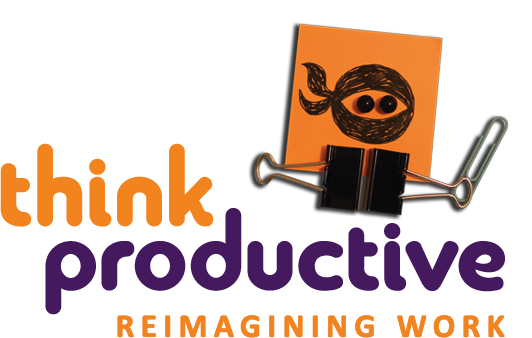Stress is a significant challenge in today’s fast-paced world, affecting our productivity and well-being. With modern life often moving at breakneck speed, it’s crucial to understand how to manage stress and embrace mindfulness techniques to improve our quality of life. In this post, we’ll dive into effective stress management strategies and how mindfulness can be a game changer in everyday life.
Understanding Stress
Stress has become a common issue for workers across the globe, with a significant percentage feeling the pressure daily. In fact, 41% of workers worldwide report high stress levels throughout the day. This number is even higher in Australia and New Zealand, where 48% of workers face daily stress.
The “lizard brain,” specifically the amygdala, plays a key role in our stress response. This part of the brain triggers fight-or-flight reactions, often before we are even consciously aware of the stress. While this was crucial for our ancestors in life-or-death situations, it’s less helpful in our modern, often less threatening, daily lives.
Physiological Responses to Stress
When we’re under stress, the amygdala goes into overdrive, which can impair the functioning of the prefrontal cortex—the part of the brain responsible for decision-making and problem-solving. This can lead to poor decisions, difficulty concentrating, and increased physical symptoms such as tightness in the chest or shallow breathing.
When left unchecked, these physiological stress responses can have lasting effects on both our mental and physical health. However, there are simple and effective techniques that can help us regain control and reduce stress.
Mindfulness Techniques for Stress Relief
Mindfulness is a powerful tool for managing stress and improving our overall well-being. Below are some practical mindfulness techniques you can incorporate into your daily routine.
- Breathing Exercises
One of the quickest ways to calm the body’s stress response is through deep breathing. A simple and effective technique is the “4-6 breath.” This involves inhaling for 4 seconds, holding the breath for 4 seconds, and exhaling for 6 seconds. This helps activate the parasympathetic nervous system, which counters the stress response, soothing both the body and the mind.
- Body Scan Meditation
The body scan meditation is another powerful mindfulness technique. By slowly focusing on each part of the body, from your toes to your head, you can become more aware of areas of tension or discomfort. This practice encourages relaxation and helps to identify where stress is physically manifesting, allowing you to target these areas for relief.
- Mindful Awareness
Simply checking in with yourself throughout the day can make a world of difference. By assessing your stress levels regularly, you become more aware of how stress affects your body and mind. Identifying physical symptoms of stress—such as tightness in your shoulders or a racing heart—can help you take proactive steps to manage your emotions before they escalate.
- Brain Dump
When your mind feels cluttered with thoughts and tasks, it can be difficult to think clearly. One of the most effective ways to clear mental clutter is to do a “brain dump.” This technique involves writing down everything that’s on your mind, whether it’s a to-do list, worries, or ideas. By getting it all on paper, you’ll feel less overwhelmed and more organised, helping you approach your tasks with a clearer mindset.
- Engaging in Fun Activities
Incorporating enjoyable activities into your day is essential for stress relief. Whether it’s gardening, cooking, painting, or spending quality time with friends and family, taking time for things you enjoy helps release stress and boosts your mood. These activities act as a natural counterbalance to the pressures of work and life, allowing you to recharge and refocus.
The Role of Nature
Nature has a profound impact on our stress levels. Studies have shown that spending time in natural environments—such as green parks or blue water spaces—can significantly reduce stress and improve mental well-being. One particularly effective practice is forest bathing (or shinrin-yoku), which involves immersing yourself in a forest environment to absorb the calming effects of nature. Even a short walk in a natural setting can provide restorative benefits and help improve your mood
Conclusion
Effectively managing stress is essential for both productivity and overall mental health. By incorporating mindfulness techniques such as breathing exercises, body scan meditations, and brain dumps, as well as engaging in enjoyable activities and spending time in nature, you can significantly reduce stress and improve your well-being. These simple strategies will help you navigate the challenges of modern life with more focus, balance, and resilience.
If you’re eager to dive deeper into stress management and productivity-boosting strategies, the Stress Less … Mindfulness For Ninjas Ninja Skill Booster video explores these techniques in more detail, giving you practical tools to tackle stress and increase your focus. Watch the video below and start mastering your well-being and productivity!





















